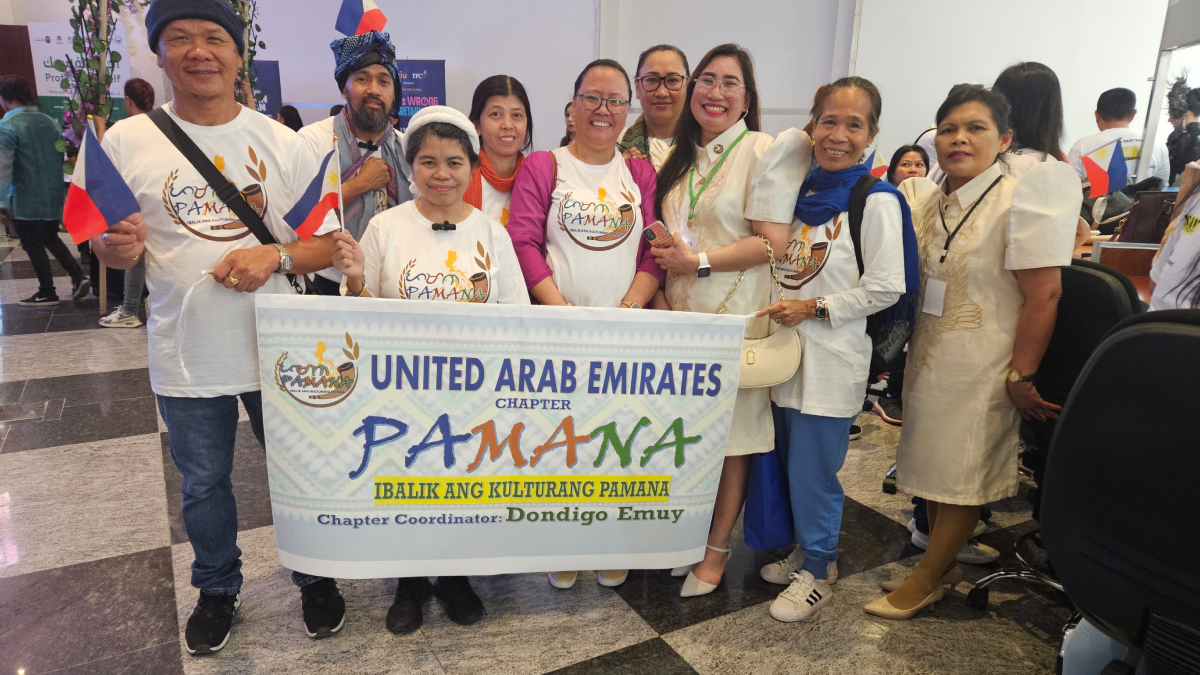Pamana Partylist, a sectoral group formed in Cabuyao, Laguna, in 2021, is preparing to take on the national stage in the upcoming elections. With an agenda focused on marginalized communities, particularly tribal groups, upland farmers, and fisherfolk, the Pamana Partylist strives to address long-standing challenges that have left these sectors on the periphery of government support.
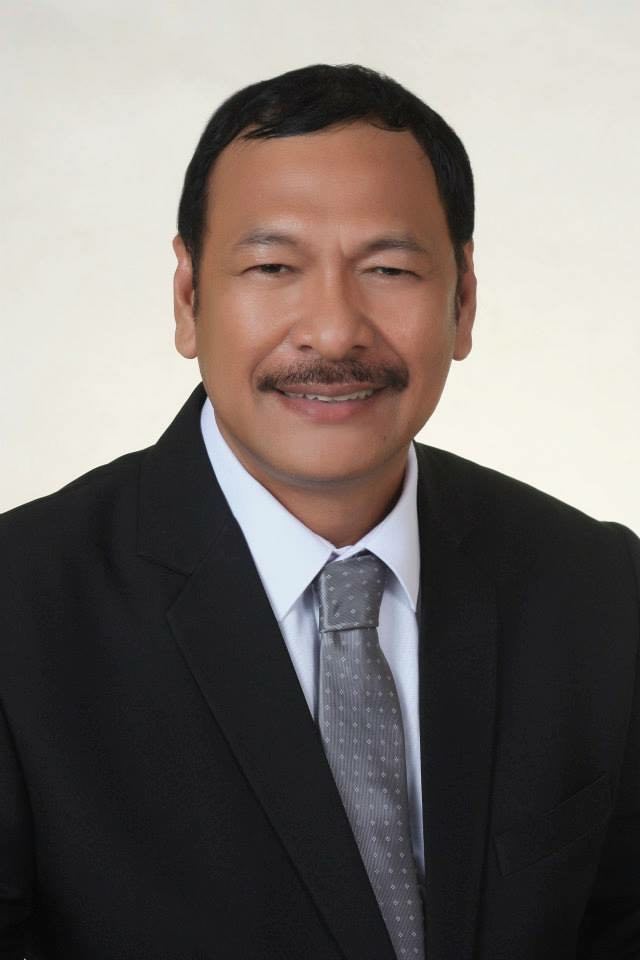
National President and First Nominee Senen Asis Jerez has dedicated over three decades to community development, an experience that shaped his drive to establish Pamana. “For years, I’ve witnessed the consequences of the lack of government intervention on the lives of our people,” says Jerez in an interview with The Global Filipino Magazine, pointing to the economic hardships and cultural erosion that many communities face today.
The party’s vision is rooted in a desire for a society that values cultural heritage and provides substantial support for these communities. “We envision a vibrant society where the cultural heritage of our ancestors is celebrated,” Jerez shares, emphasizing Pamana’s mission to foster sustainable, culturally enriched communities. By representing marginalized sectors, the party aims to secure the land rights of tribal groups and promote initiatives that empower and preserve their unique ways of life. This mission is reflected in their legislative agenda, which focuses on upholding these rights and ensuring that indigenous voices are heard in policy discussions. Through policy advocacy, Pamana seeks to build an inclusive society that respects and upholds indigenous perspectives.
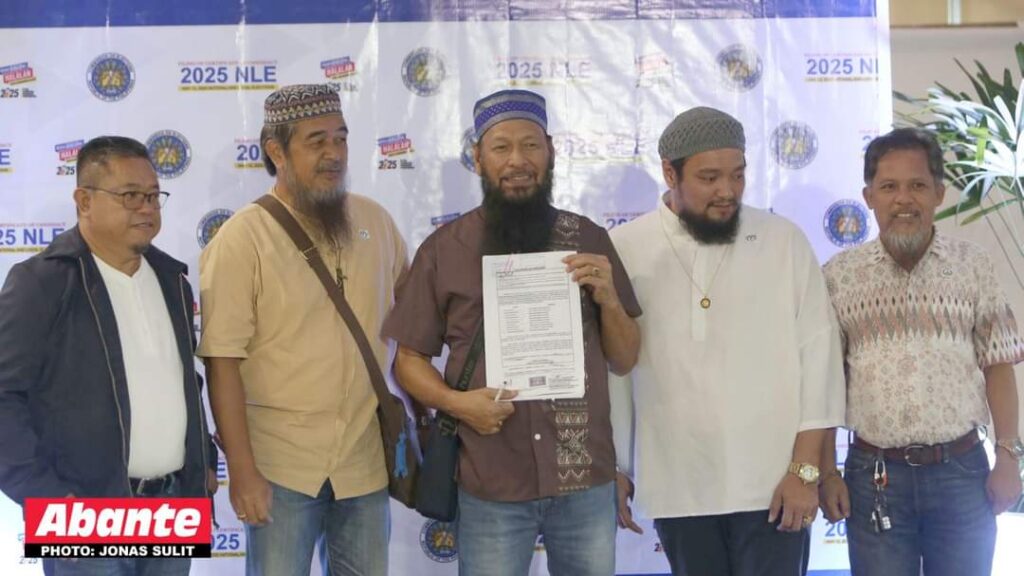
A crucial component of Pamana’s platform is its commitment to the Muslim community, particularly in areas where socioeconomic inequality is prevalent. “It’s essential that our Muslim brothers and sisters feel a sense of belonging and empowerment,” Jerez adds, underscoring the need for policies that address their specific challenges and integrate them into the national framework. Pamana’s goal is to bridge gaps in social equity by promoting policies that protect the rights and welfare of the Muslim community, along with other marginalized groups.
Pamana is also set to advocate for Overseas Filipino Workers (OFWs), particularly those in the UAE who make up a significant portion of the Filipino workforce abroad. Recognizing the economic and emotional challenges these “modern-day heroes” face, the partylist plans to create programs supporting OFW reintegration and livelihood opportunities. “We’re committed to a multifaceted approach that will include job placements, skills training, and microfinance initiatives for returning OFWs,” explains Jerez. By collaborating with government agencies and local businesses, Pamana aims to ensure that OFWs can smoothly reintegrate into Philippine society, reducing their dependence on overseas employment and bolstering local economic stability.
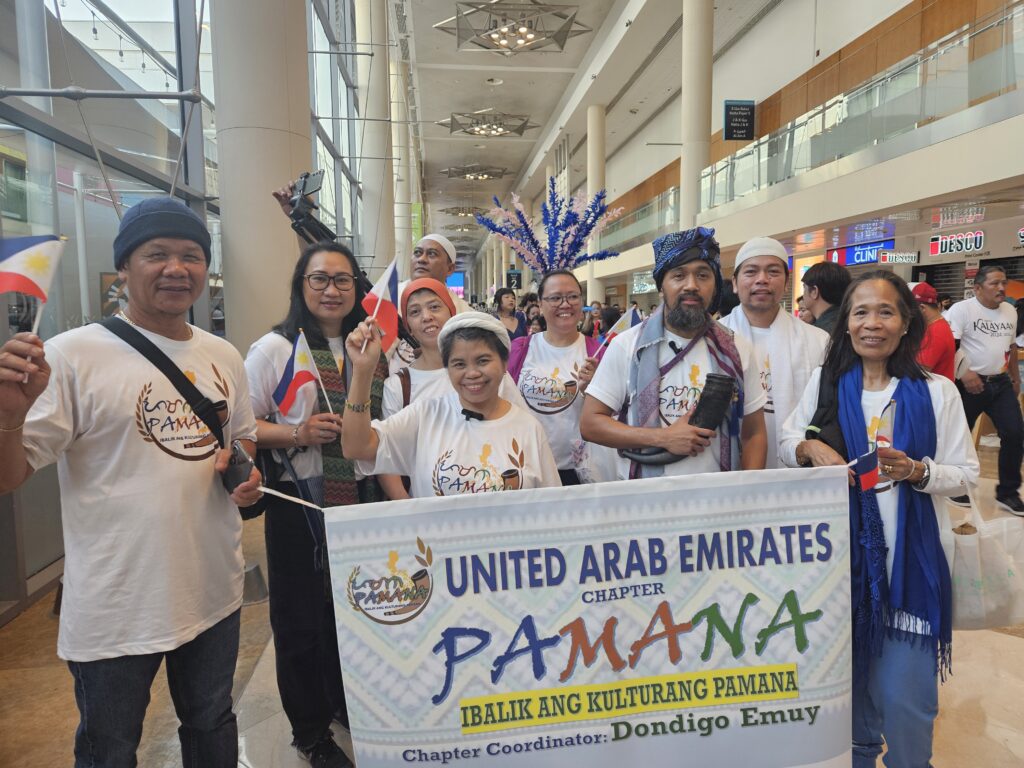
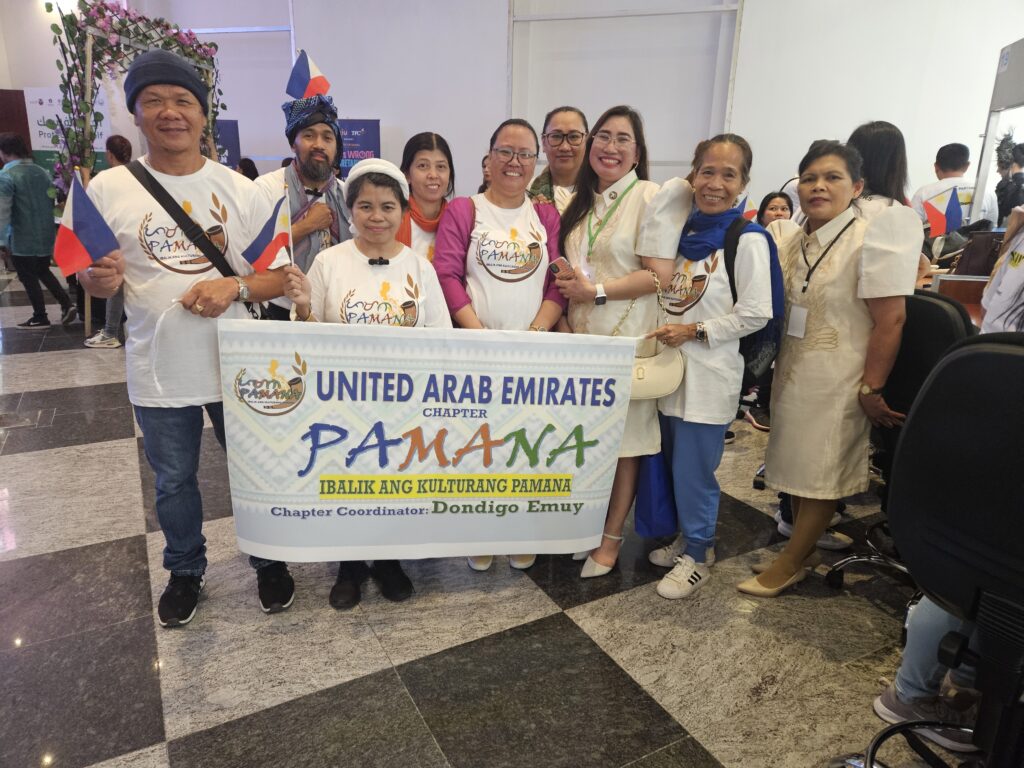
Pamana’s plans for Congress prioritize a comprehensive approach to social equity and environmental sustainability. “Our focus is on the rights and welfare of tribal communities, farmers, and fisherfolk,” Jerez notes, underscoring the party’s dedication to inclusive policymaking. The partylist’s legislative efforts aim to secure land rights for indigenous groups, protect traditional livelihoods, and guarantee access to essential resources and services. Furthermore, Pamana intends to champion sustainable environmental practices, recognizing the significant impact of climate change on farmers and fisherfolk. Policies that promote sustainable agriculture and marine conservation are essential, Jerez asserts, to ensure that future generations can continue to rely on these resources.
Pamana’s policy priorities extend beyond cultural preservation to address crucial aspects of social welfare. The partylist plans to advocate for accessible education and healthcare in rural areas. “Education is the foundation of empowerment,” Jerez says, highlighting scholarship programs for underprivileged students and mentorship initiatives that engage the broader community. For healthcare, Pamana aims to improve access to medical services in underserved areas through partnerships with local health units, emphasizing preventive care and public health education to address common health issues in rural communities.
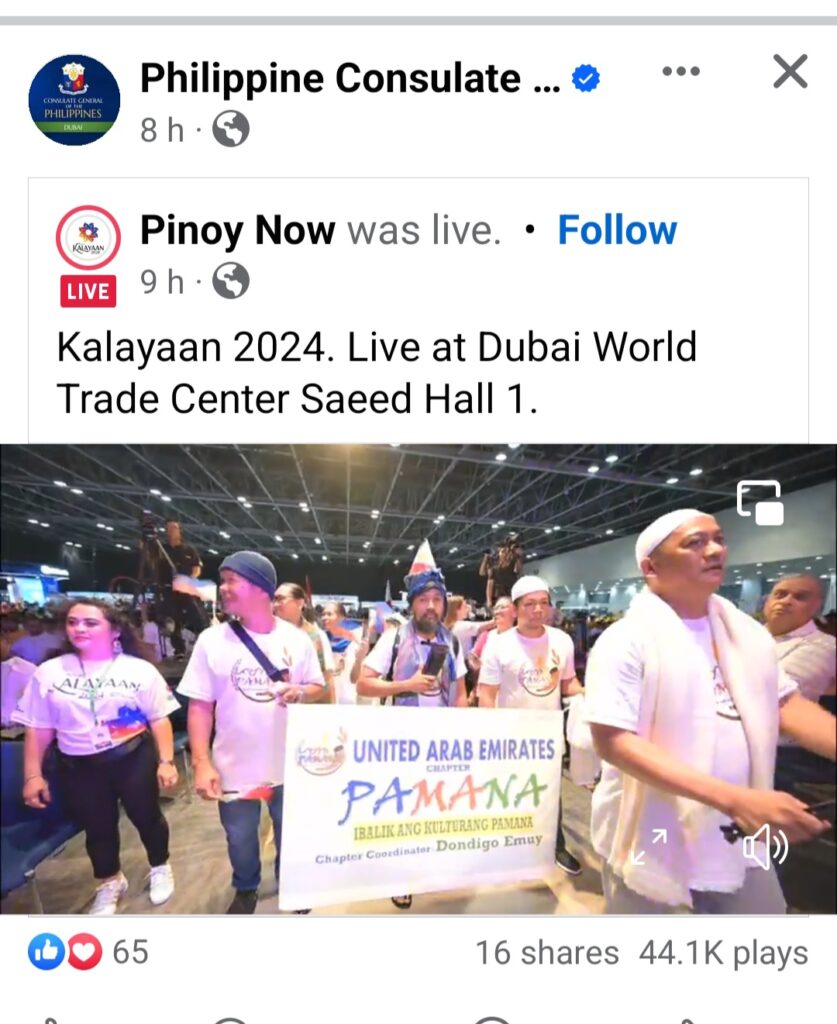
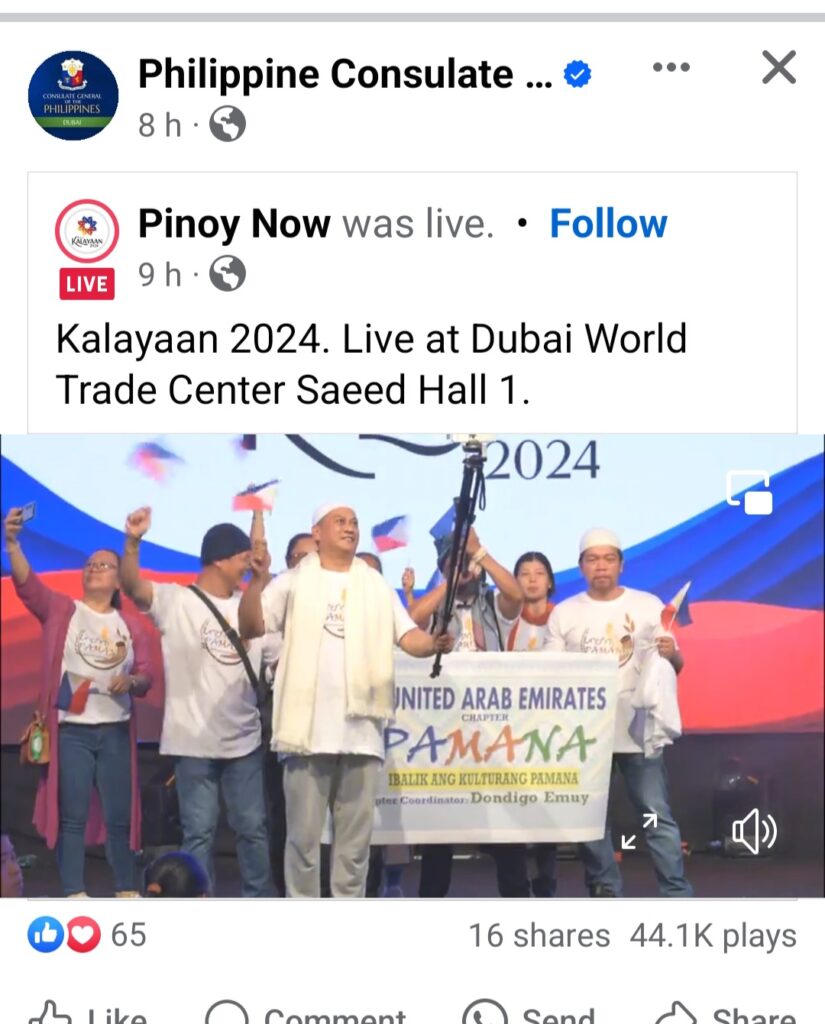
Agriculture, a cornerstone of Pamana’s platform, will receive dedicated support through policies promoting sustainable farming and fair trade practices. Pamana intends to back smallholder farmers, ensuring they receive a fair price for their produce and can sell it effectively. “Food security and fair market access are at the heart of our agricultural policies,” explains Jerez, acknowledging the sector’s vulnerability to fluctuating market prices and resource challenges. By fostering an environment that supports agricultural growth, Pamana aims to enhance food security and ensure sustainable livelihoods for rural communities.
Social services are also a critical area for Pamana’s advocacy, with the partylist aiming to establish welfare programs that benefit the elderly, people with disabilities, and low-income families in rural areas. This holistic approach to social welfare aligns with Pamana’s mission to uplift marginalized communities and create a society where basic needs are accessible to all.
In addressing the challenges faced by farmers and fisherfolk, Jerez points to environmental threats like typhoons, drought, and deforestation, which have disrupted traditional livelihoods and created uncertainty in these sectors. “Our farmers and fisherfolk are on the frontlines of climate change,” he says, emphasizing Pamana’s plans to promote climate-resilient farming techniques and marine conservation. In collaboration with local communities and authorities, the partylist aims to mitigate environmental impacts and help these communities adapt to changing conditions.
Another key issue for Pamana is the lack of access to credit and resources that limits the productivity of farmers and fisherfolk. “Many of them struggle to access quality seeds, fishing gear, and farming technology,” Jerez notes. Pamana aims to push for government programs that offer subsidies, enabling farmers and fisherfolk to invest in resources that can boost their productivity. Additionally, the partylist plans to support market access by fostering connections between producers and consumers. Through local markets, cooperatives, and online platforms, Pamana hopes to create fair pricing structures that benefit the producers directly.
The protection of land rights is also a top priority, as many marginalized communities face land disputes and challenges over resource access. “Land security is fundamental to the survival of these communities,” says Jerez, noting that Pamana will advocate for legislation that ensures stable access to land and marine resources. The partylist also intends to provide educational opportunities for farmers and fisherfolk, equipping them with skills in sustainable practices and modern resource management.
With an agenda that spans cultural preservation, social welfare, environmental sustainability, and economic empowerment, Pamana Partylist envisions a future where marginalized communities are given the support and recognition they deserve. By amplifying their voices in governance, Pamana hopes to shape a society that values diversity, equity, and long-term sustainability. Through policy reforms, partnerships, and community engagement, the Pamana Partylist is committed to building a stronger and more inclusive Philippines, as Jerez emphasizes, “where every Filipino has the opportunity to thrive and contribute.”



